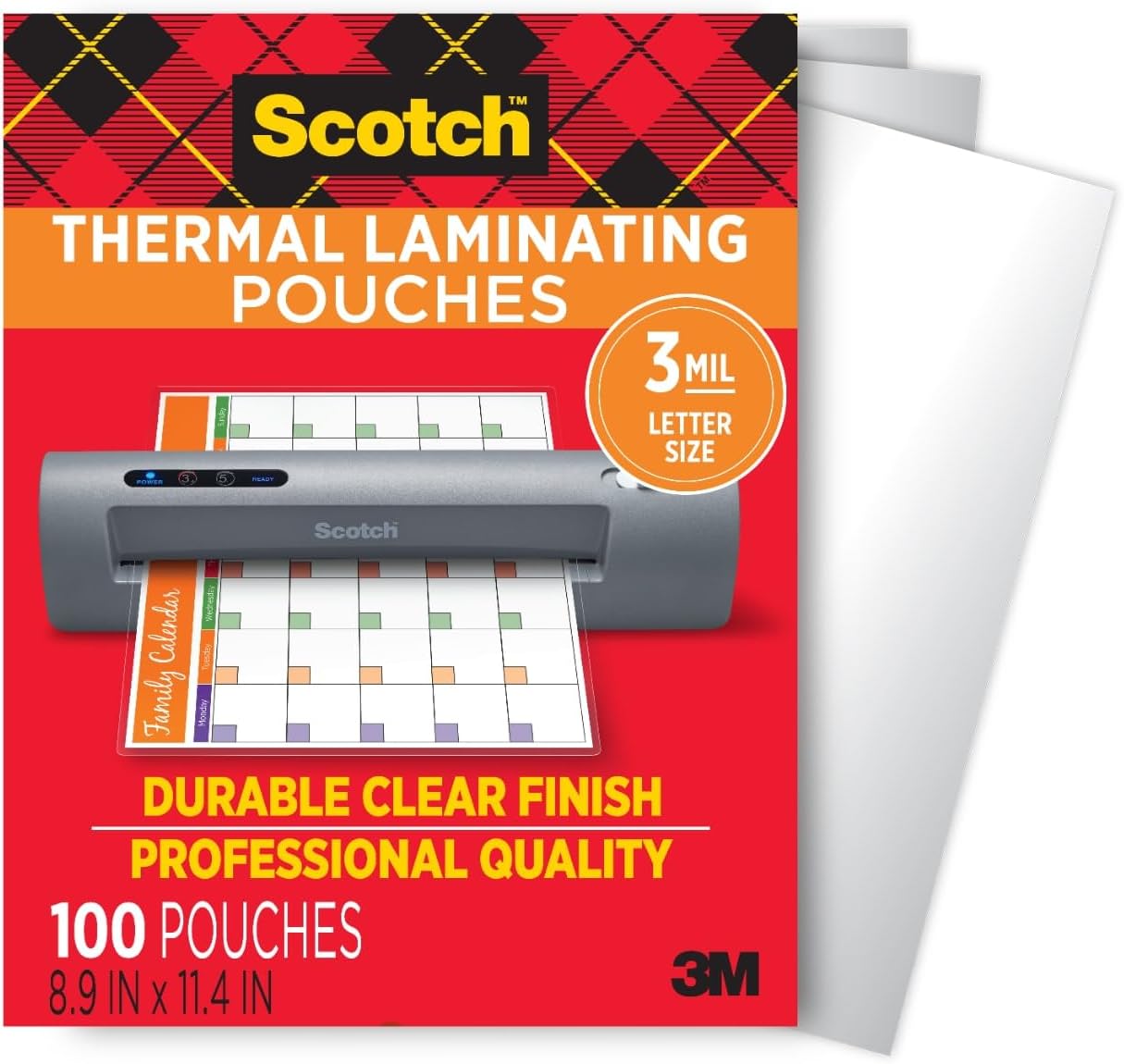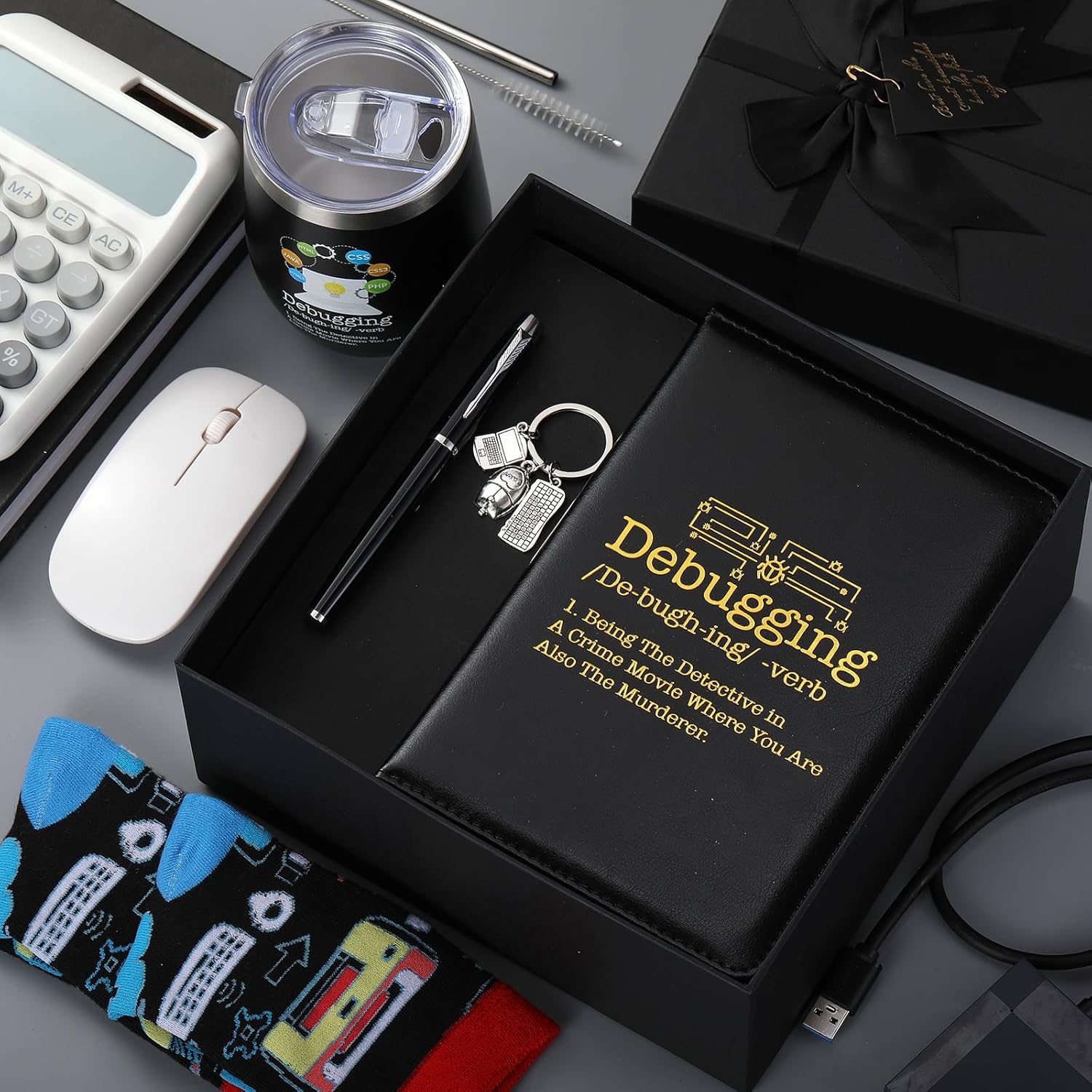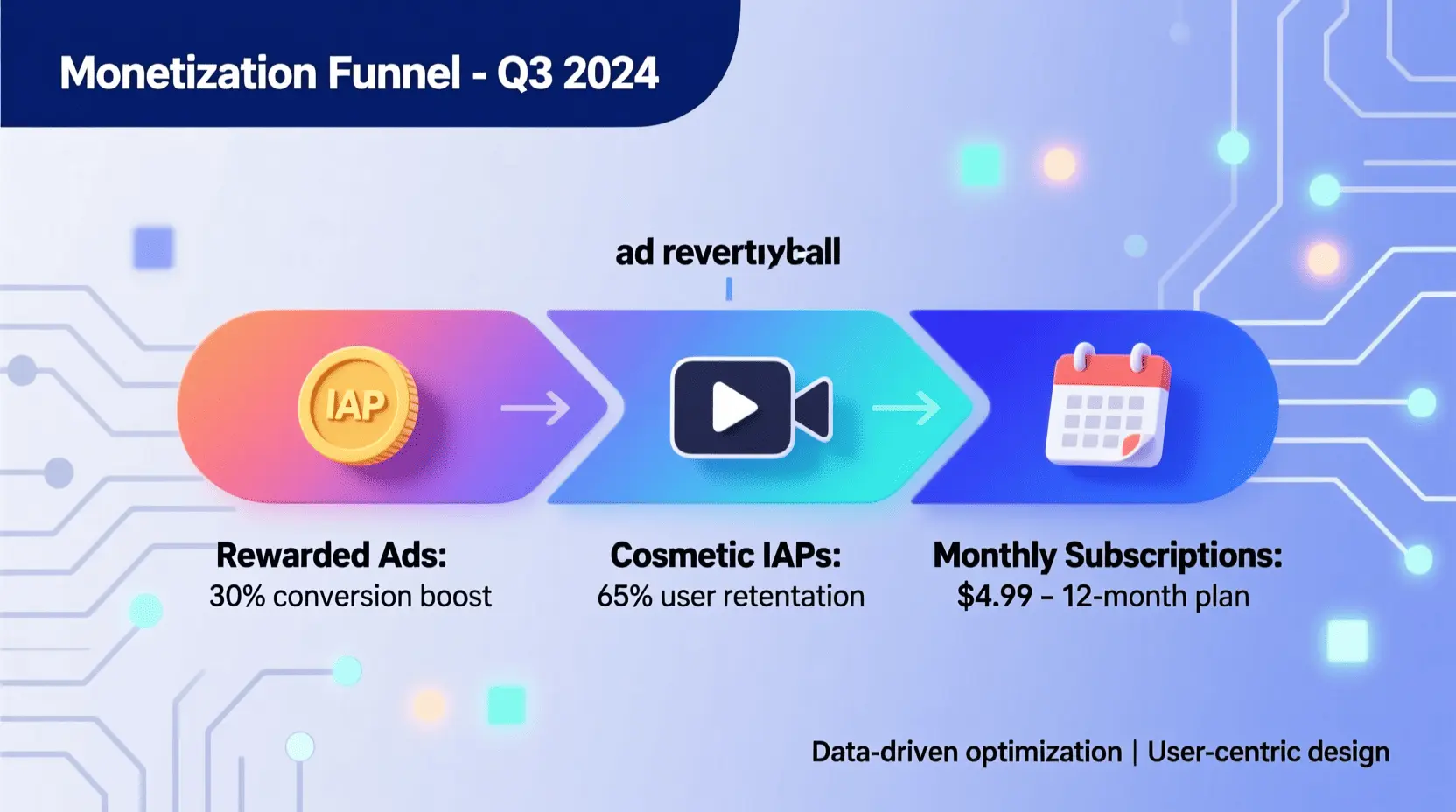Materials & Supplies
To embark on your game development adventure, you’ll need a few essential tools. First, a reliable computer it doesn’t need to be a top-tier gaming rig, but sufficient RAM (8GB minimum) and a decent processor are crucial. Next, choose a game engine: Unity and Unreal Engine are industry standards offering robust features, while Godot is an excellent free, open source alternative. For coding, a dedicated code editor like Visual Studio Code or Sublime Text will significantly boost your productivity. Visual Studio Code, in particular, offers extensive extensions and customization. For visual assets, GIMP or Krita are free options for 2D art, while Blender is a powerful (and free) tool for 3D modeling and animation. Audio tools like Audacity can handle basic sound design. Consider optional items for comfort and efficiency: a drawing tablet for digital art and a comfortable setup, perhaps enhanced by a quality Programing Mouse Pad for Visual Studio or even a Visual Studio Code Shortcuts Mouse Pad to streamline your workflow during long coding sessions.
Timing / Development Schedule
Understanding the general timeline for creating a game is vital for beginners. The initial concept and game design document (GDD) can take anywhere from a few days to a couple of weeks. The core development phase, involving coding, asset creation, and initial implementation, is the longest, often spanning several weeks to a few months for a simple game. Testing is an iterative process, usually accounting for 20-30% of your total development time, running concurrently with development and extending into dedicated bug-fixing periods. Finally, the publishing phase, including submission to platforms and marketing preparation, can take a few days to a week. Remember, these are estimates; prioritizing a small, achievable project is key to maintaining motivation and completing your first game.
Step-by-Step Instructions
Starting small is the golden rule. Begin by defining a simple concept for your game, focusing on a single core mechanic. Choose your game engine and start with introductory tutorials to grasp the interface and basic scripting. Next, prototype your core gameplay loop make it fun, even with placeholder art. Design and create simple assets, or use free assets from marketplaces to save time. Gradually implement features, testing frequently as you go. Debugging is a constant companion; learn to identify and fix errors systematically. Finally, polish your game with sound effects, music, and refined visuals. Small, actionable advice: break down large tasks into tiny, manageable steps, and celebrate each small victory.
Advantages of Learning Game Development
Learning game development offers a plethora of benefits that extend far beyond simply making games. It’s an incredible outlet for creativity, allowing you to build entire worlds from scratch. You’ll hone critical problem solving skills, learn logical thinking, and understand complex systems. Game development inherently improves technical skills in programming, 3D modeling, and graphic design, alongside fostering artistic sensibilities. If you collaborate, it also strengthens teamwork and communication. For those eyeing a career in the industry, understanding the lifecycle of a game, including later-stage considerations like mobile game monetization models, provides a significant advantage and prepares you for professional roles.
Tips, Alternative Methods, or Development Advice
For beginners, starting with 2D games often provides a gentler learning curve before tackling the complexities of 3D. Explore visual scripting tools like Scratch, Construct 3, or Godot’s visual scripting if coding feels intimidating initially. Leverage the vast resources available: YouTube tutorials, online courses on platforms like Udemy, and official engine documentation. Joining online communities (Discord servers, forums) can provide invaluable support, feedback, and collaboration opportunities. For those with limited hardware or time, focus on pixel art or simple vector graphics, and always develop in short, focused bursts. A comfortable and organized workspace, perhaps with an ergonomic setup and a handy Visual Studio Code Shortcuts Mouse Pad, can significantly optimize your learning and productivity.
Common Mistakes to Avoid
Many beginners fall into similar traps. The most common is overcomplicating the first project; resist the urge to build an open-world RPG as your debut. Neglecting thorough testing is another pitfall, leading to buggy, frustrating experiences for players. Don’t ignore player feedback; it’s a goldmine for improvement. Failing to use version control (like Git) can lead to lost work or chaotic project management. Lastly, burnout is real remember to take breaks, step away, and return with fresh eyes. Prioritizing core gameplay over excessive features and maintaining a healthy development rhythm are crucial for staying motivated.
Maintenance / Update Tips
Releasing your game isn’t the end; it’s often just the beginning. Employ robust version control from the outset to manage changes and collaborate effectively. Regularly check for and implement bug fixes to ensure a stable player experience. Plan for future content updates, even small ones, to keep your game fresh and engaging. Actively collect and analyze player feedback through forums, reviews, or in-game analytics to guide future development. Best practices include frequent backups of your project files and maintaining clear documentation. For games that gain traction, understanding ongoing strategies like mobile game monetization and player retention becomes paramount for long-term success.
Conclusion
Embarking on the journey of game development at home is a rewarding experience that cultivates creativity, technical prowess, and problem-solving skills. Remember to start with small, manageable projects, practice consistently, and never shy away from sharing your creations. The community is supportive, and every project, big or small, is a step forward. Don’t just dream of making games – start making them today! Explore more tutorials, connect with a developer community, and turn your visions into interactive realities.
FAQs
- What programming language should I start with?
- C# with Unity, Python with Pygame, or GDScript with Godot are popular and beginner-friendly choices.
- Which game engine is best for beginners?
- Unity and Godot are highly recommended for beginners due to their extensive documentation, large communities, and user-friendly interfaces.
- How long does it take to make a small game?
- A very simple game (like Pong or Flappy Bird clone) can take a few weeks to a couple of months, depending on your learning pace and dedication.
- Do I need to know coding to start?
- Not necessarily. Engines like Godot and Construct 3 offer visual scripting options, allowing you to create games without writing traditional code, though basic coding knowledge is beneficial for deeper customization.
- Where can I publish my first game?
- Itch.io is a fantastic platform for indie developers to publish and showcase their first games for free. For more established titles, mobile app stores (Google Play, Apple App Store) are the next step.

Beats-Studio Pro Cancelling Headphones
Beats Studio Pro - Wireless Bluetooth Noise Cancelling Headphones with USB-C Charging Cable (20 cm) - Jet Black

Razer
Razer Basilisk V3 Pro 35K Wireless Gaming Mouse: HyperScroll Tilt Wheel - 35K DPI Optical Sensor Gen 2-13 Customizable Controls - Chroma RGB - Optical Switches Gen 3 - Up to 140 Hr Battery - Black

Scotch Thermal Laminating Pouches
Scotch Thermal Laminating Pouches, for Use with Thermal Laminators, 8.9 x 11.4 Inches, Letter Size Sheets, 100-Pack

6 Pcs Computer Programmer Gifts for Men
6 Pcs Computer Programmer Gifts for Men Debugging Definition Programmer Gifts 12oz Stainless Steel Cup Socks Keychain Pen Notebook Box for IT Developers Computer Geeks Nerd Hackers Coders

